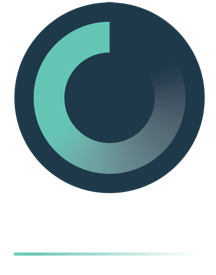-
For WHO?
Aimed at Masters and PhD students conducting quantitative research using a questionnaire as research instrument.
-
WHY?
“To consult the statistician after an experiment is finished, is often merely to ask him to conduct a post mortem examination. He can perhaps say what the experiment died of.” This quote is from the statistician R.A. Fisher
-
Some QUESTIONS
Are the constructs in your questionnaire valid and reliable? Is the sample large enough for analysis? Will you be able to test the hypotheses? What statistical techniques will you use?
-
The SOLUTION
The critical steps in the quantitative research process will be considered to ensure that the research approach, research design, questionnaire and sampling are correct to be able to do the analyses. An example PhD is used throughout the course.
-
OUTCOMES
A research proposal that is statistically correct. A Quantitative research design(questionnaire and sample) that is correctly done. Knowledge of the full quantitative research process. Statistical analyses techniques to test the research hypotheses.
-
BONUSES
Checklists for each of the steps in the research process. A cheatsheet on how to do some analyses on SPSS, a statistical package. A lesson on Survey Monkey to put the questionnaire online.

